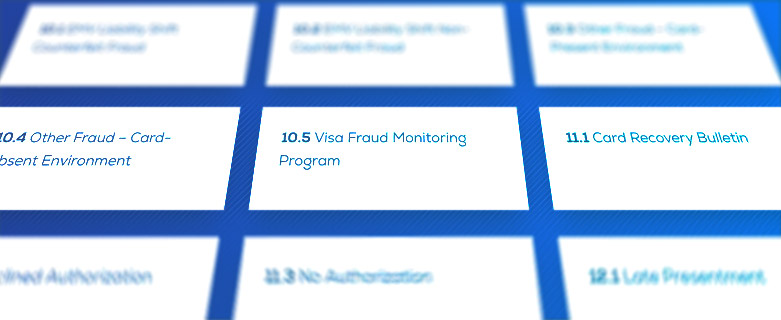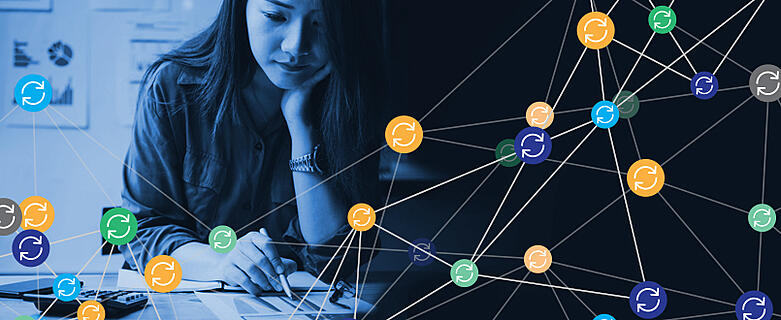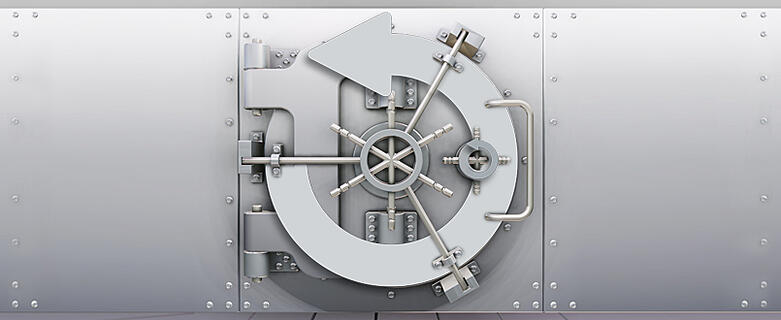News

Travel Industry Chargebacks
In all the economic upheaval and structural realignments necessitated by the COVID-19 pandemic, few industries have been as deeply affected as the travel industry. Among the consequences of those effects is an increase in the challenges associated with fraud and chargebacks—both of which were already notable, industry-wide issues even before the pandemic. But chargebacks do not have to be an unduly damaging problem for travel industry businesses. There are ways to manage, prevent, and fight chargebacks.
The Basics
To begin, it is helpful to define some of the key terms. The following are from our Payment Industry Glossary and the article How to Detect Fraud Before It Becomes a Chargeback:
A chargeback is a mechanism for returning payment to a customer after a disputed credit or debit card charge. Unlike a refund, a chargeback does not involve the direct communication of customer and merchant but, rather, involves communications between their respective banks (issuer and acquirer).
True fraud is when a credit card is stolen and used to make a purchase. True fraud usually results in the customer reporting the fraud to their bank, the bank closing the account, and the bank issuing a new card to the customer.
Friendly fraud is when a customer requests a chargeback for a relatively innocuous reason, such as a family member making a purchase without the customer realizing, the customer genuinely forgetting that they had made a purchase, or some mistake relating to the customer not understanding something such as a return policy. The key distinction between friendly fraud and other forms of chargeback fraud is that the customer is not knowingly, intentionally committing fraud.
Chargeback fraud is when a customer requests a chargeback knowing that they have no valid claim to one. While friendly fraud results from an honest mistake, chargeback fraud is an intentional misuse of consumer protection mechanisms to get something for free. It is often used as a form of digital shoplifting.
The Travel Industry, Fraud, and Chargebacks
Even before the pandemic, the travel industry in general had a moderate level of chargebacks compared to other industries, essentially the same as the retail industry. There are certain elements of how the travel industry operates that make it prone to chargebacks.
Because travel industry purchases are often more expensive than standard retail purchases, there is an incentive for true fraudsters to target the travel industry. Additionally, the fact that the industry necessarily has frequent cancellations and high volumes of international transactions makes it a fertile ground for fraudulent actors to test out stolen payment credentials—a fraud technique known as “card testing.” Another aspect of the travel industry that makes it a target for true fraud is the use of mileage points and other rewards programs. Fraudsters can take over a cardholder's account and redeem these points and rewards before the cardholder notices and corrects the issue.
The airline industry is prone to some distinct forms of fraud. The International Air Transport Association describes such specialized examples as:
- Fake travel agent sites, also known as triangulation schemes
Bookings on fake travel-agency websites notify a fraudster who books an actual flight with fake payment information, and re-sells it to the trusting customer for the advertised incredible discount. There are potentially three victims in these cases: the passenger, who will not be able to fly, the airline, which is out of pocket the actual cost of the ticket, and perhaps an intermediary travel agent. - In-flight fraud
Using counterfeit credit cards, fraudsters purchase duty-free products, aware that onboard payment terminals are offline, and no authorization request can be carried out. The goods are then re-sold at a markup. - Baggage fraud
Checked-in carry-ons are declared lost at destination, and claims are for high-worth contents. Fake receipts back up insurance claims.
Many of the same elements that serve as targets for true fraud may also serve to entice chargeback fraud, in which the cardholders themselves are engaged in fraud. Some unscrupulous consumers may simply try to take advantage of the chargeback system to get themselves free flights or vacations. Similarly, somebody who was unsatisfied with their vacation—or perhaps missed a flight—for reasons beyond the control and blame of the travel company may maliciously and illegitimately file a chargeback.
Aspects of how the travel industry, and the airline industry in particular, structure payment for certain services can also lead to chargebacks. Namely, the common payment structure in which fliers pay a base price for a ticket and then have the option to purchase additional services—e.g. seat upgrades, additional checked baggage, in-flight wifi, drinks and food, etc.—could lead to circumstances in which a cardholder claims that these additional purchases were unintentional or not authorized, resulting in a chargeback. Whether these would be classified as chargeback fraud or friendly fraud depends on the intentions of the cardholder, but the lost revenue and additional hassles for the airline are the same either way.
Travel businesses may also face chargebacks that are not as nefarious. Often, the process of booking passage, accommodations, and other elements of traveling and vacations can be confusing and involve multiple different travel providers—airlines, cruise lines, hotels, motels, travel agencies, discount providers, amusement parks and attractions, etc. If a cardholder has a legitimate reason for requesting returned payment, they may not know which party to contact for a refund and may opt to simplify the process by requesting a chargeback.
COVID-19
The sudden, unexpected suspension of travel and closure of large swaths of public spaces worldwide at the outset of the COVID-19 pandemic in spring 2020 devastated the travel industry. It also unleashed a torrent of chargebacks, increasing industry-wide by 300% from February 2020 through July 2020. In some cases, these came as the result of travel companies refusing to provide refunds for travel services that were now impossible due to quarantines, lockdowns, and travel restrictions. In other cases, they were just one of the many results of the chaotic attempts to adapt to the pandemic. Thankfully, some card brands suspended their excessive chargeback programs for businesses with travel-related merchant category codes (MCCs) in the early months of the pandemic.
Ultimately, the cost of these chargebacks compounded the already catastrophic losses that the travel industry received because of the pandemic. Even with billions in government bailouts, the travel industry has not come close to recovering from the losses of the pandemic. The International Air Transport Association reported that, after several consecutive months of growth, domestic air traffic in March 2022 was still 41% below where it had been pre-pandemic. There is no telling when, or even if, the industry will fully recover to what it had been before the still lingering pandemic. This makes the importance of reducing chargeback losses more acute than ever.
Solutions
The COVID-19 pandemic may have increased the harm caused by chargebacks to the travel industry but it did not substantially change the sources of chargebacks or the solutions to the problem of chargeback losses.
For preventing true fraud, travel businesses would be well served to invest in identity verification and fraud detection solutions. While they may not catch every attempt at fraud, due to the complex and international nature of the travel industry, they could still significantly reduce the sorts of fraud that results in chargebacks. These strategies should be implemented to evaluate both customers and other partner businesses within the industry—such as an airline making sure that the travel agencies booking flights with them are legitimate and not simply vehicles for scams and fraud.
An important tactic for preventing friendly fraud that is especially useful in the travel industry is working to facilitate easy communication with cardholders and emphasizing customer service. Traveling and travel-related purchases can be complicated for cardholders. Mistakes and misunderstandings can be stressful for travelers. If any payment dispute or cardholder dissatisfaction can be resolved by means other than a chargeback, that would be the best outcome for all involved parties. But travel businesses will find it difficult to achieve such resolutions if consumers do not know how to contact them and have trouble communicating with customer service representatives.
Finally, travel industry businesses need to know when to fight chargebacks and how best to do so. Knowing when to fight a chargeback and knowing what the best strategies and necessary evidence are for successful representments is no easy feat. But they are essential to mitigating the losses from chargebacks. This is true for all businesses that accept payment via payment cards, including the travel industry.









